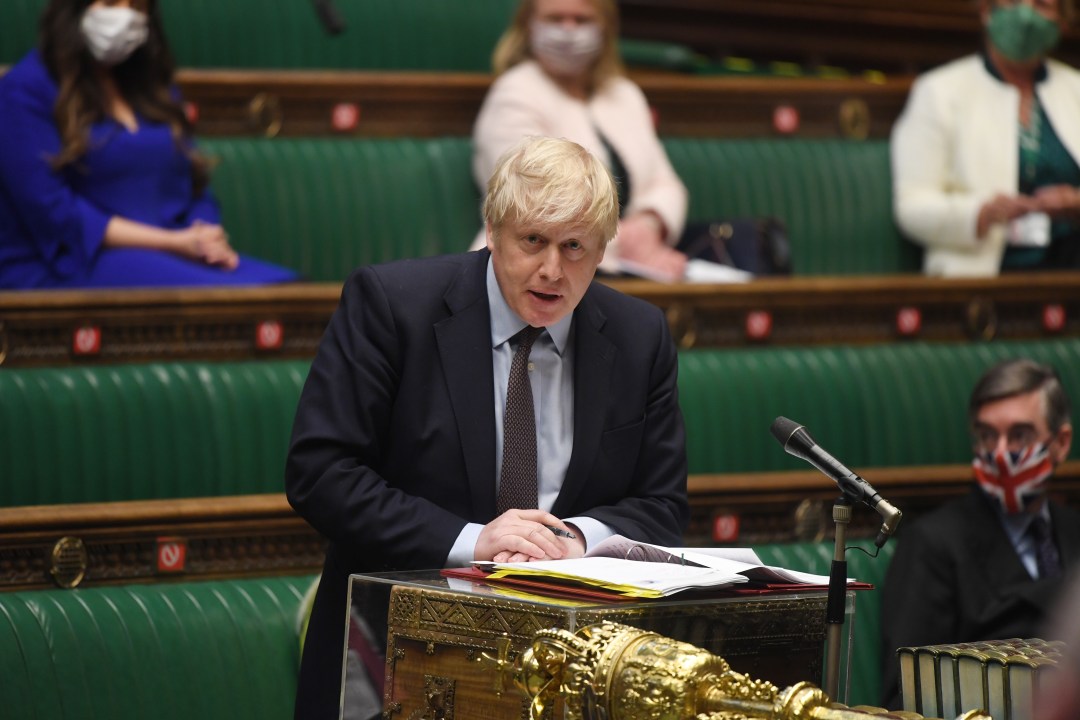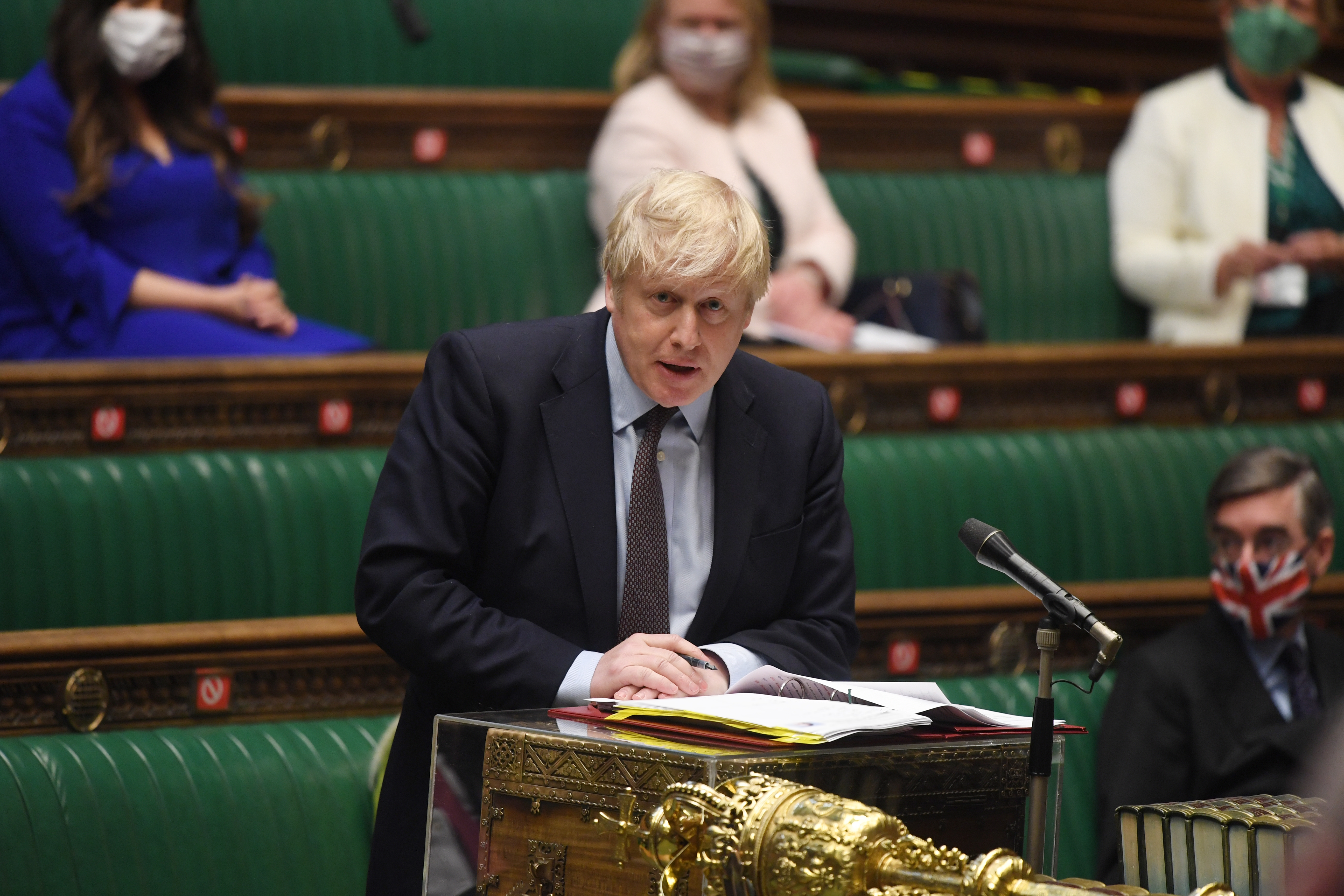When will Boris Johnson reshuffle his Cabinet? It’s a question that’s asked every couple of weeks in Westminster with frequent briefings about who is up (Liz Truss, if recent ConservativeHome polls are anything to go by) and who is down (Gavin Williamson is the most recent minister to be tipped for the axe). Yet despite the talk, so far the Prime Minister has proven reluctant to refresh his top team. A hint of why can be found in the events of this week.
A series of Tory rebellions are bubbling up. As Johnson considers whether to green-light the June 21 unlocking, members of the Covid Recovery Group are once again going public with their concerns. More troubling for the government, however, is the unease behind the scenes. Despite briefings this week from Cabinet sources suggesting there will be little political price in terms of a short delay to lockdown easing, there are plenty of Tory MPs viewed as being in the centre of the party who worry about the political consequences of any delay and where the line will eventually be drawn.
A series of Tory rebellions are bubbling up on the backbenches
The most visible party problem though is on foreign aid. The government managed to avoid a Commons defeat this week on its plan to reduce foreign aid from 0.7 to 0.5 per cent. But it wasn’t because they won over would-be rebels. Instead, they did so by simply avoiding a vote altogether. Although Commons Speaker Lindsay Hoyle said MPs ought to be given a vote on the cuts, Downing Street have no plans to do so. But as several Tory MPs have since warned the whips, there is only so long they can avoid a confrontation.
Despite Boris Johnson’s recent victory in the local elections, he has a growing problem when it comes to his backbenchers. For a Prime Minister who has a majority of 80, Johnson has a surprising number of MPs willing to rebel against the whip. The ‘rebel alliance’ or ‘new awkward squad’ as they have come to be known, is made up of MPs from across the party rather than just one Tory tribe.
The foreign aid rebellion is a prime example of how these various factions can come together against the Prime Minister. As well as One Nation MPs who believed that foreign aid ought to stay the same on moral grounds, internationalist MPs – such as Johnny Mercer, Jeremy Hunt and Tobias Elwood – were keen to join in.
There was also another element to the rebels: many are former ministers. Former Prime Minister Theresa May spoke against the cut alongside many of her old ministerial colleagues in the form of David Davis, Damian Green and Karen Bradley. What worries ministers is that these MPs have little loyalty or incentive to work with Boris Johnson. These MPs remember how Johnson behaved on the backbench (voting against the government on Brexit votes) when they were in government. ‘It is the dispossessed,’ says one Johnson ally. ‘They don’t like the Prime Minister much and they don’t think they’re about to be promoted.’
With discontent building behind the scenes on education funding, and spending rows likely to dominate the next year, the Chief Whip is understood to worry that a reshuffle could make things worse. The last reshuffle is seen to have made party management harder with many men in the 2010 and 2015 intake upset at being passed over when they thought it was their turn.
Others around Johnson believe a refresh is necessary in order to drive reform in the coming year. While discussions have been going on behind the scenes as to who could be moved in and promoted in order to achieve this, the aspect which gives aides pause for thought is what happens to those who are either shown the door or miss out on a promotion for a third time.
There are also plenty of MPs from the 2019 intake keen for promotion – who are staying on their best behaviour in anticipation of a reshuffle. That behaviour could change if they feel the chance has been missed. if they end up joining forces with the current rebels, Johnson’s legislative programme could become even harder to enforce.








Comments